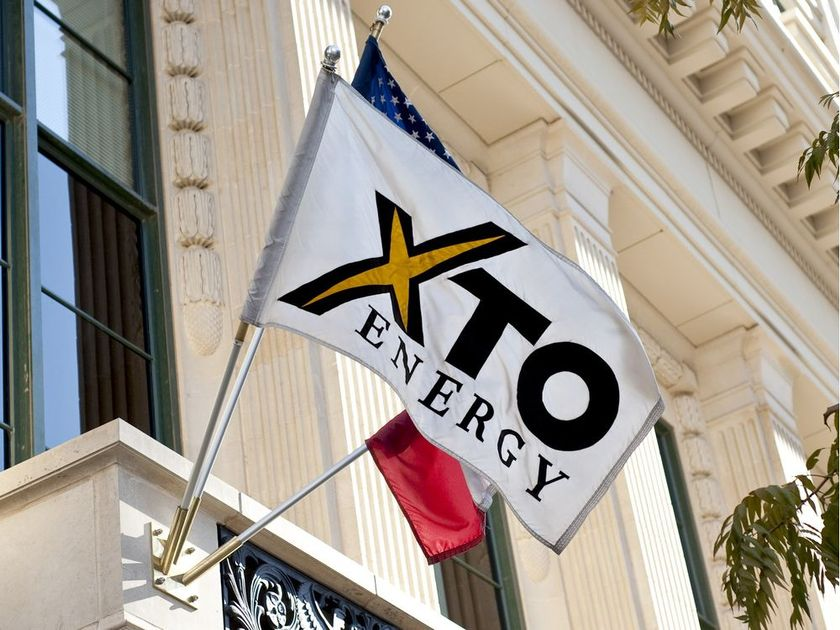As the world increasingly recognizes the climate impacts of natural gas production, Alberta as the first Canadian jurisdiction to commit to regulate better natural gas management stands at a crossroads to lead and benefit from dramatic innovation in the oil and gas industry.
Methane, the primary ingredient of natural gas, is a powerful greenhouse gas and the oil and gas industry is among the largest emitters. In Canada alone, companies are wasting hundreds of millions of dollars of natural gas every year — more than the annual household needs in Edmonton and Calgary. This vast energy waste represents millions of dollars of lost potential revenue for companies and the government and unnecessary climate and air pollution.
Interest in improved methane management as a way to better conserve natural gas is spreading. Investors, energy companies, technology providers and governments alike are taking note of the issue and the lost economic and environmental opportunity that this waste represents. Further, companies and countries that step up early to reduce methane emissions will be better positioned to compete in the future.
One such example is ExxonMobil’s subsidiary XTO Energy, one of the largest gas producers in the United States. Last month, it introduced an effort to continually reduce methane emissions at their production and midstream facilities in the United States. The announcement includes a commitment to phase out high-emission devices, improve facility design, train personnel, and focus on incubating technologies that will allow XTO to ramp efficiencies over time by tightening its system.
XTO’s ultimate success will be measured by the amount of natural gas it recovers and pollution it avoids. Still, last week’s news is a strong indicator that smart companies view better natural gas management as an important way to establish their competitive edge in a carbon-constrained world.
Energy companies and elected officials here in Alberta should take note: the biggest energy producer in the world is committed to methane reductions. ExxonMobil has built a multi-national oil and gas enterprise by making smart business decisions. The company’s announcement of this new program is no different.
Global investors representing trillions of dollars in assets have urged energy companies to disclose and reduce their emissions. Several countries are developing national and international methane-reduction strategies. The International Energy Agency considers improved natural gas management a major pillar of a global climate strategy. Just this month at the 2017 Alberta Climate Summit, McKinsey and Company’s Energy Insights team identified methane management as one of four major opportunities for Canadian innovation.
Hundreds of Canadian companies already provide high-tech detection products and services that would affordably and effectively help energy companies capture this valuable lost product. No matter how you slice it, forward-thinking energy companies are preparing for a future where methane emissions are avoided to ensure that natural gas plays a productive role in lower-carbon economies.
For generations, Alberta’s energy industry has been a strong, productive and strategic part of our economy. We need that legacy to continue. Alberta’s energy industry should put its effort and innovation behind solutions that will prepare it — and the rest of our economy — for the low-carbon economy. Now’s not the time to fight the future. It’s time to help shape it.








